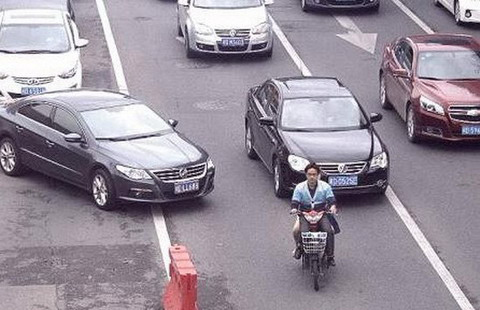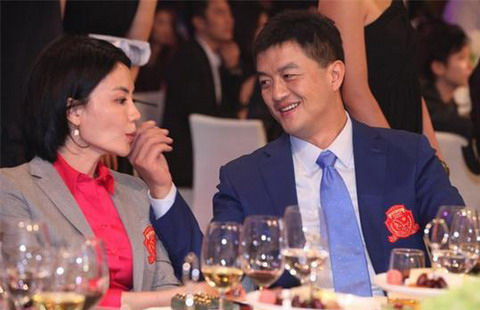Polls won't change Abe's China policy
By Yin Xiaoliang (China Daily) Updated: 2014-11-24 08:25By dissolving the house, Abe also intends to extend LDP's rule. Given that the LDP enjoyed a 40 percent approval rating and opposition parties have failed to cement a coalition powerful enough to challenge the LDP, an earlier election, many believe, will extend the LDP's rule from 2016 to 2018 and ensure Abe remains prime minister for another four years.
Also, Abe aims to extricate his cabinet from a lingering political scandal. The resignation of two cabinet members amid political scandals at a time when grave doubts have been raised over the effectiveness of Abenomics has forced down Abe's approval rating. Worse, the "political fund" issue threatens to swallow two other cabinet members, casting another shadow on the Abe government. Abe believes a new election will help remove such "bad elements" from parliament and help improve the image of the government.
Building a "war cabinet" is another aim that Abe wants to achieve by calling a fresh election. Abe's perception of Japan's militarist past has exposed his disrespect for history, as well as his inclination to turn Japan into a military power again. He has challenged the legitimacy of the Tokyo Trial and the postwar world order. Worse, he has urged Japanese people to be proud of Japan's militarist past. A series of moves made by Abe, from lifting decades-old restrictions on Japan's arms exports to attempting to build a full-fledged military and revise Japan's pacifist Constitution, reflect his intention to build a "war cabinet".
Since the LDP-Komeito coalition held 325 of the 480 seats in the dissolved lower house, very few think it would lose the election next month. And its victory will allow Abe to continue his efforts to transform the Self-Defense Forces into a full-fledged military, promote Japanese arms exports, strengthen US-Japan defense cooperation, deny Japan's war crimes such as the exploitation of "comfort women" during World War II, and visit Yasukuni Shrine, which honors 14 Class-A war criminals.
So the fresh election is not likely to bring about any change in Abe's policy toward China. As long as Abe remains in power, Japan will continue pursuing economic engagement with China while trying to politically contain China's rise. Such political trickery may bring Abe transient harvests, but it will neither solve Japan's economic problems nor help it recover from its diplomatic setbacks.
The author is an associate professor at the Institute of Japan Studies in Nankai University, Tianjin.











